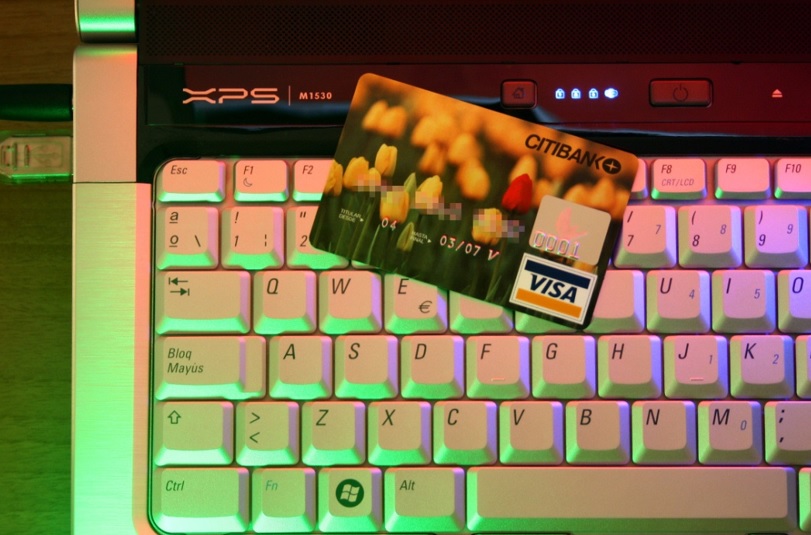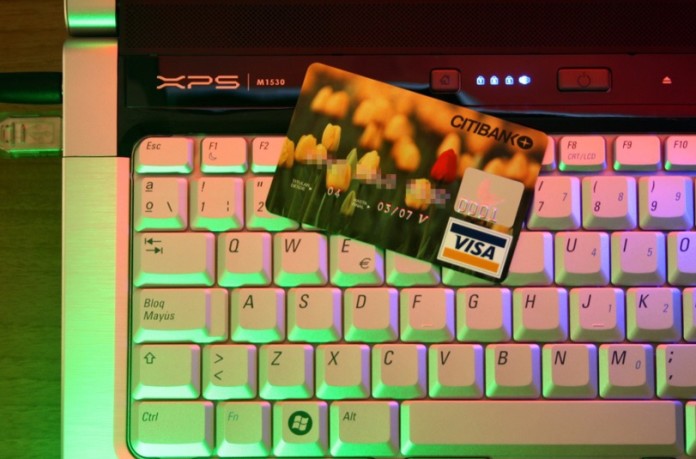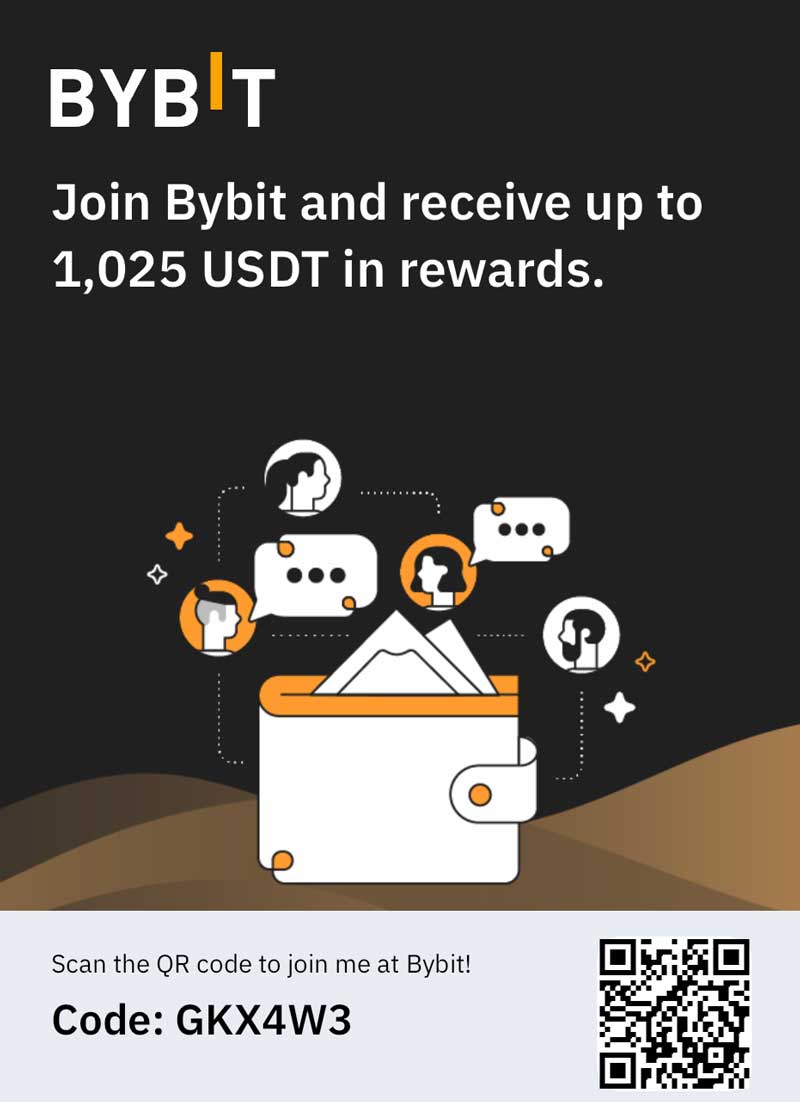Online payments are becoming more popular in recent times; paying online is much more convenient than mailing a check (when it comes to paying bills), and there are many items listed for sale online that you simply cannot find in stores. Paying your bills online and even shopping online can save you a hefty sum of money over time, as there are no stamps or envelopes involved with online bill pay, and there are often online exclusive sales that can save you money.
Keep in mind that prices are usually higher in stores because of the costs associated with running a store front. Online shopping sounds like a dream come true; there’s no commute needed, no standing in line, and the only con is that your items don’t instantly appear on your doorstep. However, some are concerned about safety and would rather avoid online shopping at all costs. The idea of entering your credit card information online is something that just doesn’t sit well with everyone.
So how safe are online payments anyways?
It Depends
The truth is, whether or not online payments are safe really depends on several factors. If you’re using a public computer or Wi-Fi, online payments are not nearly as safe as they would be if you were using your home internet connection. It is much easier for hackers to gain access to your information when you’re browsing the net on public Wi-Fi.
One of the big security issues related to using a public computer or Wi-Fi is that it’s common to forget to log out of your online accounts after you’re done using them; this can be the easiest way for someone to go on a shopping spree with your credit card, especially as many online retailers do not automatically log you out. Another problem with using a public computer or public Wi-Fi is that not all websites are encrypted. Any skilled hacker sharing the public Wi-Fi with you can easily view what you’re doing on the internet if you are on a website that is not using an encryption such as SSL.
To find out whether or not the website you are visiting is encrypted, all you have to do is check the URL. If the web address (URL) starts with https, the website is secure. Most websites start with http (notice that the s is not there) though, meaning that the website is not encrypted/secure.
This leaves you open to potential hackers.
Online Security
The good news is that there are ways to keep your devices secure, so that the chance of a hacker getting into your information is slim, even when using public Wi-Fi. By following a few steps, you shouldn’t have to worry as much about making online payments when using public access. Of course, your home internet connection is always the safest, but using this alone is not always an option, especially if you travel often.

To keep your computer, smartphone, or tablet secure, start by clearing your browsing history on a regular basis. If you do this, people are less likely to know what websites to check in order to find your personal information. For example, if you made an online payment to Vitacost.com, but cleared your browsing history afterwards, it isn’t probable that anyone attempting to find your information will know to check this website.
On that note, remember to always log out of websites after you are done, and on the login screen, it’s best not to check the box that says “Remember Me.” Your web browser will usually ask if you want to store your password, which is another thing you should opt out of if you hope to maintain security on your device. Other than taking these steps, there is the option of installing different programs to safe-guard your PC, smartphone, or tablet.
Programs That Can Help
Some programs help keep your device secure; anti-virus, virtual private networks, and proxy servers are some of the more common ones. An anti-virus program helps prevent your system from acquiring malware and helps you remove it if you do. Some malware can steal your financial data, so it’s important that your device is free from infections.
Most anti-virus software is free, but there are more advanced options available for a fee. Avast! and AVG are both available for your mobile device, as well a for your home computer. They’re free by default but have premium options should you wish for the additional security.
Virtual private networks (VPNs) pose as a medium between you and the rest of the internet. All requests and responses are encrypted and sent through the VPN, not only securing your information but making it impossible to associate that information with you. As you can imagine, being equipped with a VPN makes paying online considerably safer.
Prices of VPNs vary depending on the features you need, but can be purchased for as low as $4.99 per month. As the security of your financial data becomes increasingly important, so too does your need for quality service.
Lastly, are proxy servers; they function similarly to a VPN, but are usually not encrypted. They still help you remain anonymous and often have free options available, though functionality is often limited on free servers. Like a VPN, a proxy literally acts as a middleman for data. As a result, proxies can be used to alter incoming data, highlighting the importance of making sure the host is both safe and reliable.
Paying Online
Overall, making online payments can sometimes be safer than in-person payments, especially when you’re paying with credit or debit cards. Many banks have security features added to their customers’ accounts, such as the ability to dispute any transactions that appear on your statement; this can come in handy if a website has a poor return policy on defective goods.
This ability alone is enough to make paying with debit or credit cards worthwhile. If anyone tries to run off with your cash, the cash is permanently gone after they take off. The banks are at least willing to refund you if someone uses your card information to purchase items.
Of course this isn’t going to do much in the event that someone literally gains access to your physical credit card and pin number (allowing them to withdraw cash at the ATM), but it’s rare that something like this occurs. If you safe-guard your devices with the programs mentioned, keep an eye on your bank statements, clear your browsing history regularly, and pay attention to your emails (as many companies will send emails to alert you of any data breaches), you shouldn’t encounter any issues making payments online; it’s as safe as you make it!


